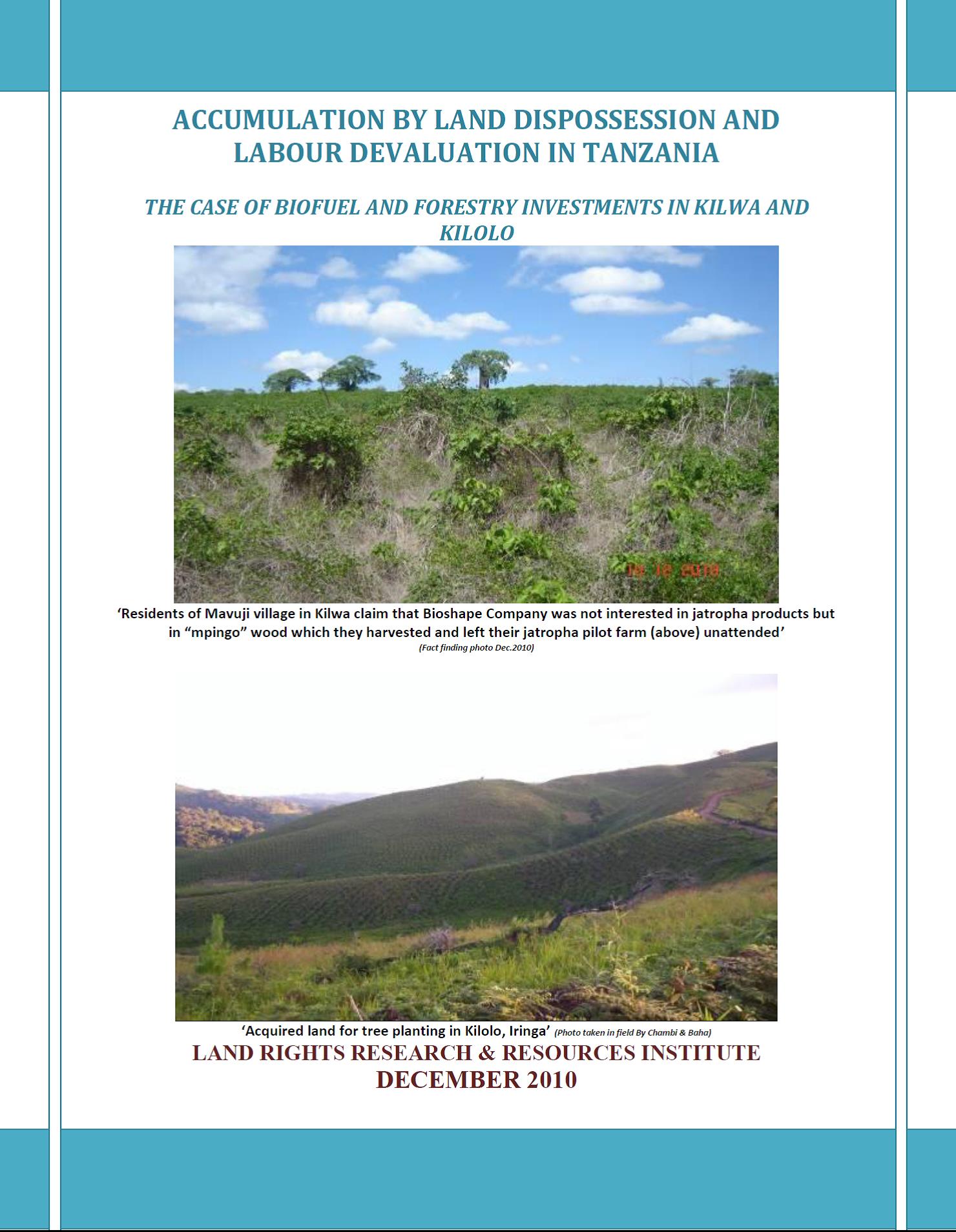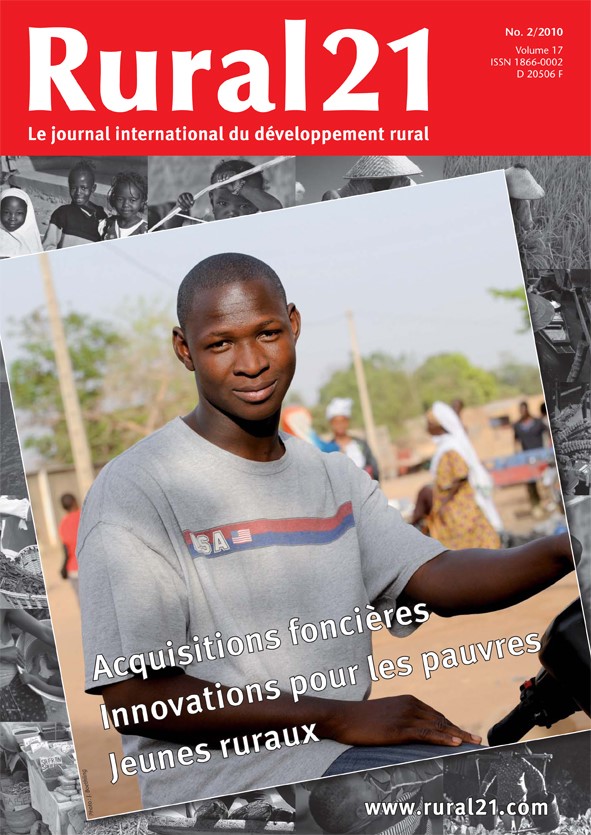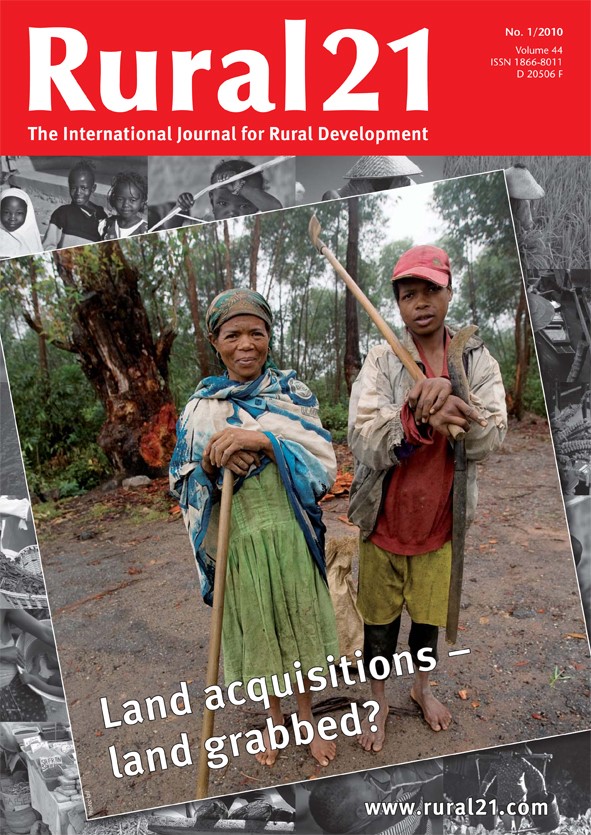Scaling the landscapes: a methodology to support integrated subnational spatial planning in Cambodia
INTRODUCTION: Over the last 30 years, the context of development in Cambodian has undergone dramatic changes. A succession of deep transformations, characterized by a complete restructuring of institutional and socio-economic environment, has resulted in a singular situation. Cambodian society remains largely agrarian, with land being the corner stone of the production system for a large majority of the population.





